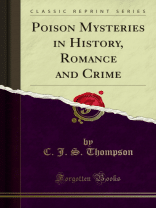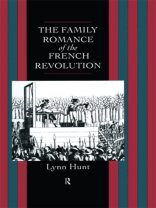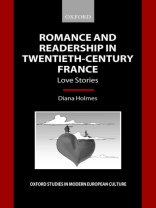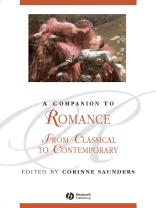Whilst the greatest effort has been made to ensure the quality of this text, due to the historical nature of this content, in some rare cases there may be minor issues with legibility. Poisons, those silent weapons capable of destroying life mysteriously, secretly and without violence, have ever had a peculiar fascination for mankind. They have played so large a part in history at various periods, in romance as well as in crime, that the subject is one which claims the attention of every student of human nature.<br><br>A poison may be generally described as any substance which, in a small quantity, when introduced into or absorbed by a living organism, destroys life by rapid action. In another sense a substance may be termed a poison that has a cumulative effect if administered for a length of time so that it ends fatally. Substances of this description were called venim, venyn, venum or bane in the Middle Ages, and also termed slow poisons.<br><br>It is probable that many substances which had the effect of destroying life were observed and used by primitive man from a period of remote antiquity. When injured in a tribal battle, by perhaps a flint arrow-head or stone axe, he no doubt sought for something to revenge himself on his enemy. In his search for curative substances he also found noxious ones, which produced unpleasant effects when applied to the point of a weapon destined to enter the internal economy of an opponent. He doubtless observed that the arrow-head and spear on which the blood of former victims had dried caused wounds which often proved fatal, owing to the action of what we now term septic poisons. This may have led him to experiment with the juices of plants till he discovered something of a more deadly character.





Avaliações
Não há avaliações ainda.